LATVIJA.FM
The Translation Challenge: Why Latvian Literature Remains a Hidden Gem Abroad
Latvian literature, with its poetic minimalism, mythological echoes, and philosophical depth, holds a unique place in the world’s literary mosaic—yet it is rarely encountered beyond the country’s borders. While neighboring authors from Poland, Russia, or Sweden enjoy global recognition, Latvian writers remain largely absent from the international conversation. The reason lies not in the quality of the literature but in a quiet crisis of translation, visibility, and cultural positioning. What treasures are being overlooked, and what will it take to bring them into the light?
A Rich Literary Tradition Yet to Cross Borders
Latvia’s literary heritage stretches back centuries—from the timeless folk poetry of the dainas to the psychological realism of Rūdolfs Blaumanis, the modernist experimentation of Jānis Rainis, and the existential poetics of Vizma Belševica. In the 20th century, Latvian authors tackled themes of identity, occupation, exile, and resilience with rare emotional clarity. Yet few of these voices have found homes in foreign languages. The dainas—short, structured four-liners—have been recognized by UNESCO as a Masterpiece of Oral and Intangible Heritage, but their full context remains elusive outside Latvia. The country’s post-Soviet literary blossoming produced award-worthy prose and poetry, but little of it reached international shelves. This disconnection stems less from lack of interest and more from the infrastructural and linguistic challenges that stand between Latvian writers and a global audience.
The Translator as Cultural Diplomat
Every translated work is an act of diplomacy. In the case of Latvian literature, translators do more than carry meaning between languages—they preserve cultural nuance, musicality, and history. Yet there are few native-level Latvian translators who can render complex literature into English, French, or Spanish with both accuracy and beauty. The Latvian language, with its seven noun cases, layered metaphorical traditions, and compact poetic form, requires a translator who is both technically skilled and creatively attuned. Moreover, the economic reality is stark: translating a Latvian novel is a labor-intensive task with little promise of commercial success. This creates a bottleneck: talented writers exist, but few qualified translators are willing or funded to carry their voices abroad. Even when such works are translated, they often lack the marketing push or publisher support to truly reach their audience.
Institutional Support and Its Limitations
Latvian Literature, the state-supported platform dedicated to promoting Latvian writing abroad, has made admirable strides in recent years. Its catchy slogan—“#iamintrovert”—helped frame Latvian literature as thoughtful, introspective, and distinctively Baltic, capturing international curiosity during the 2018 London Book Fair where Latvia was a guest of honor. Grants for translation and international cooperation have grown, and platforms like the Latvian Literature Centre actively support publishers and translators. Yet institutional resources are limited. With only two million Latvian speakers worldwide, market pressures are minimal, and literary exports remain niche. The sustainability of translating and promoting Latvian literature still relies on passionate individuals and occasional state programs, rather than a consistent pipeline. This leaves too many masterworks—contemporary and classic—waiting quietly in the shadows for a champion who will carry them across linguistic boundaries.
When Translation Succeeds: Stories That Travel
Despite the odds, a few Latvian authors have broken through. Nora Ikstena’s Soviet Milk, translated by Margita Gailitis, offered a raw and lyrical look at mother-daughter dynamics under Soviet rule and was published in several countries to critical acclaim. Pauls Bankovskis’s speculative fiction and Inga Ābele’s psychologically rich narratives have also found appreciative audiences beyond Latvia. Poetry, too, has begun to travel, with selections by Uldis Bērziņš and Māra Zālīte making their way into bilingual collections. These successes prove that when translation is given the right care and context, Latvian literature resonates deeply. Often introspective, starkly beautiful, and laced with myth and melancholy, it speaks not just to Latvian history but to universal themes of loss, belonging, and endurance. The challenge lies not in making the stories relevant—they already are—but in creating the bridges for others to reach them.
The Future of Latvian Literature Abroad
The rise of digital platforms, online journals, and crowdfunding tools offers new hope for Latvian literature’s global future. Initiatives like Latvian Literature in Translation, small indie publishers, and cultural collaborations with universities may create the conditions for a quiet renaissance. But long-term change will require more than isolated successes. It will demand investment in translator training, institutional vision, and perhaps a collective shift in mindset—from waiting to be discovered to boldly stepping forward. If Latvia’s writers remain introverts, their words may never cross oceans. But if a new generation of cultural advocates dares to make noise, the world may yet fall in love with Latvian prose and poetry. After all, every literature was once unknown—until someone translated the first word.
